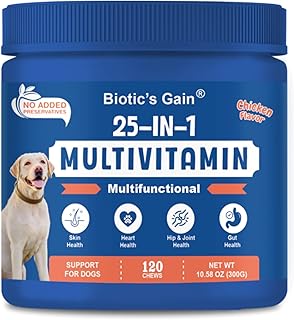The pet food industry in Australia operates with minimal regulation and oversight, a concern that has prompted calls for change from industry experts. Veterinarian Anna Tebb’s encounters with animals suffering from vitamin D toxicity due to their food shed light on the industry’s shortcomings. Despite efforts to treat the affected animals, some faced long-term health consequences, prompting questions about the quality and safety of pet food products.
Australia boasts a significant population of companion animals, with millions of households owning pets. This has driven the pet food industry to a substantial estimated worth. However, the lack of stringent regulations raises concerns about the ingredients and production processes of pet food. Carolyn Macgill from the Pet Food Industry Association of Australia highlights the absence of comprehensive regulation in the country, emphasizing the need for government intervention to safeguard pet health.
The absence of a regulatory body overseeing pet food in Australia leaves the industry vulnerable to lapses in product safety. Despite past inquiries calling for government oversight, the industry continues to operate without stringent guidelines. This regulatory gap has led to instances of pets falling ill due to contaminated or substandard pet food, raising alarms among veterinarians and pet owners alike.
The rise in adverse incidents related to pet food has underscored the need for a robust monitoring mechanism within the industry. The PetFAST alert system, established in response to past health crises linked to pet food, plays a crucial role in tracking and reporting potential health risks associated with pet food products. However, the system’s efficacy is limited by the lack of mandatory compliance from all pet food businesses.
The increasing number of pet food businesses in Australia, coupled with the lack of regulatory oversight, poses challenges in ensuring product quality and safety. The absence of mandatory standards and enforcement mechanisms leaves room for unresponsive businesses to compromise pet health. As the industry expands, there is a growing need for comprehensive regulations to uphold the well-being of companion animals.
Efforts to improve pet food safety in Australia have faced hurdles, with proposed regulatory measures yet to be fully implemented. The 2018 senate inquiry highlighted the necessity of stringent regulations to protect pets from harmful food products. However, the slow progress in adopting these measures underscores the need for unified national leadership to address industry shortcomings.
Experts in the field, such as veterinary neurologist Georgina Child and nutritionist Nick Cave, advocate for stricter testing and quality control measures in pet food production. They stress the importance of ensuring the safety of ingredients and adherence to established standards to prevent adverse health effects on pets. The call for mandatory industry standards reflects a broader push for accountability and transparency in the pet food sector.
Adverse incidents related to pet food not only impact animals but also have lasting repercussions on pet owners. Beyond financial burdens, pet owners experience emotional distress and guilt when their pets suffer due to substandard food products. The broader societal implications of compromised pet food safety highlight the need for comprehensive regulatory frameworks to protect both pets and their owners.
📰 Related Articles
- Industry Leader Calls for Stricter E-Bike Regulations in Australia
- Sandy Bolton MP Calls for Stricter Electric Bike Regulations
- Rising E-Scooter Injuries Spark Calls for Stricter Regulations
- Rising E-Bike Injuries Spark Calls for Stricter Regulations
- Rising E-Bike Injuries Prompt Calls for Stricter Regulations






